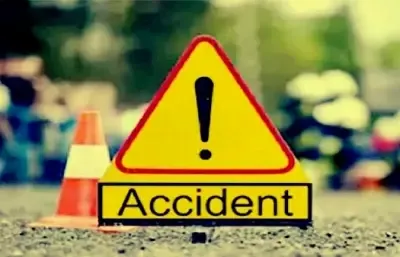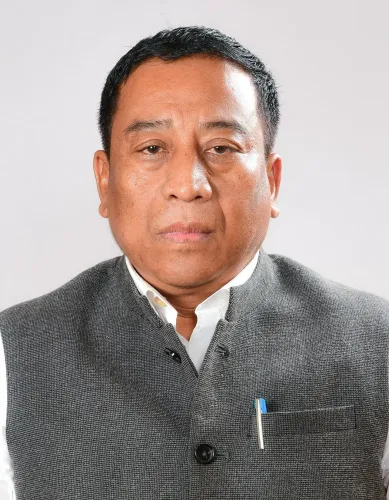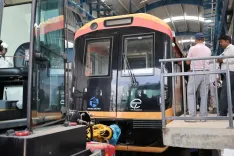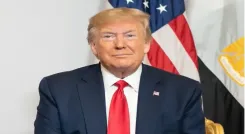Why is Shiv Sena (UBT) Demanding Ballot Papers Over VVPATs?
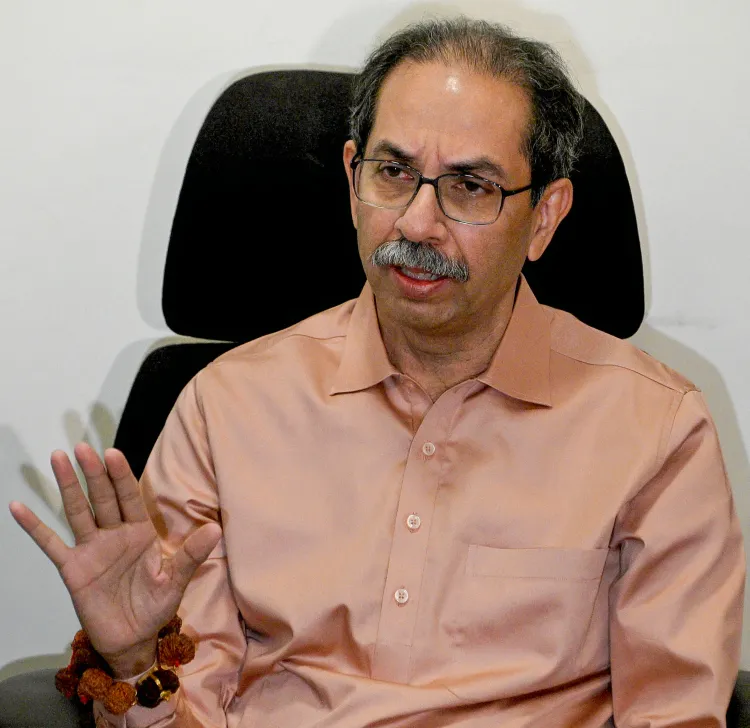
Synopsis
Key Takeaways
- Shiv Sena (UBT) criticizes SEC's decision
- Call for traditional ballot papers
- Concerns over EVM manipulation
- Allegations of electoral fraud
- Impact on democratic transparency
Mumbai, Aug 7 (NationPress) The Shiv Sena (UBT) vehemently condemned the State Election Commissioner (SEC) Dinesh Waghmare's decision to exclude VVPATs in the forthcoming local and civic body elections in Maharashtra, describing the action as “suspicious” and a potential threat to democratic transparency.
In a pointed editorial in its publication, Saamana, the Thackeray faction emphasized that if the voting process is hindered due to the implementation of Electronic Voting Machines (EVMs) and VVPATs, as claimed by the SEC, then elections should revert to traditional ballot papers to ensure the integrity of democracy.
“The BJP's assembly victory in Madhya Pradesh was facilitated by manipulating the EVMs. The outcome was unexpected, and many, including Rahul Gandhi, believe that the voting was compromised. The EVMs from Madhya Pradesh are being transported to Maharashtra, raising serious concerns,” stated the Thackeray faction in response to the SEC's declaration regarding the absence of VVPATs in the upcoming local and civic elections.
The Thackeray faction also criticized the SEC for asserting that there would be no alterations to the voter list. “Is our Election Commission unaware that India ranks as the third or fourth largest economy globally, celebrating the success of 'Operation Sindoor'? The SEC contends that VVPAT machines prolong the voting process, thus they won’t be utilized. The BJP favors EVMs to expedite the election procedure. EVMs, however, represent the gravest fraud in global democracy. Yet, they continue to be employed in India. The Election Commission and its political benefactors maintain that EVMs are transparent and save time. If that’s the case, why exclude the VVPAT system linked with EVMs? This is a deceit,” charged the Thackeray faction.
The faction accused the EVMs and voter lists in the Maharashtra Assembly elections of being manipulated. They alleged that within the final two hours of voting, six lakh voters miraculously appeared, and all these votes were cast for the BJP. There were no queues at polling stations during the evening. Still, BJP representatives in the judiciary fail to grasp the gravity of the sudden influx of six lakh voters.
“In this context, the Fadnavis-led government is preparing for local body elections. The scale of corruption across 27 municipal corporations, including Mumbai, Thane, and Pune, in the past three years is evident in the case of Vasai-Virar Municipal Corporation Commissioner Anil Pawar. In municipalities like Ahilyanagar, “roads” worth Rs 300-400 crore were fabricated on paper. The Urban Development Minister pilfered thousands of crores through various means. With this looted capital, he purchased representatives from other parties and is now poised to contest the upcoming local and civic body elections. Should anyone approach the courts, the BJP has already stationed its spokespersons from Mumbai to Delhi to dismiss it. Thank you. This is our democracy and our independent electoral system,” mocked the Thackeray faction in Saamana.
Additionally, the Thackeray faction noted that there have been no elected bodies in 27 municipal corporations, including Mumbai, zilla parishads, and municipalities, for the past three and a half years. The government has prevented elections from occurring and has ruled local bodies by appointing its own administrators. Shinde, Fadnavis, and others have postponed elections under various pretexts. However, the Supreme Court has now established a timeline for the elections, curtailing the stalling tactics of the MahaYuti government.
“The current chaos surrounding municipal elections is unprecedented, yet the BJP and its allies follow a strategy to create obstacles and delay by lodging objections and initiating court petitions. During this time, individuals from their ranks were appointed to the Election Commission. They also placed their affiliates at the district administrative level. Even within the judiciary, up to the High Court, BJP spokespersons were appointed, ensuring that they face elections under favorable conditions, while distracting citizens with controversies such as the closure and reopening of pigeon houses or kabutar Khana. This is all orchestrated with an eye on the much-anticipated local and civic body elections,” the Saamana editorial concluded.


